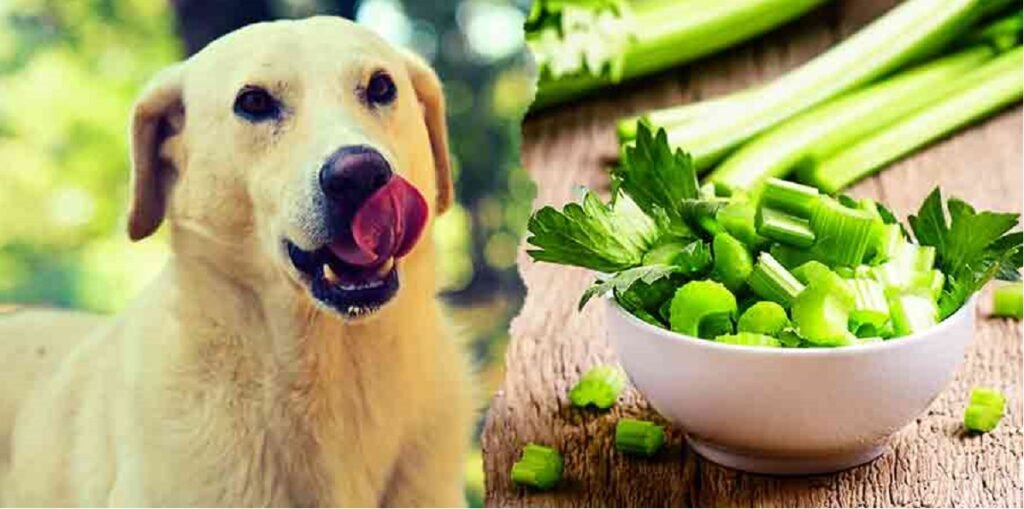Dogs have specific nutritional needs, and not all human foods are safe for them. One common question many dog owners ask is, Can dogs eat spinach? Let’s explore the facts and reveal the real story behind spinach and your dog’s diet.
Can Dogs Eat Spinach?
Yes, dogs can eat spinach in moderation! While spinach offers several health benefits, it’s essential to understand the correct way to incorporate it into your dog’s diet. Spinach is rich in vitamins and minerals that can support your dog’s overall health. However, there are also some considerations you need to keep in mind before adding it to their meals.
Nutritional Benefits of Spinach for Dogs
Spinach is packed with nutrients that can be beneficial for dogs. These include:
Vitamins A, B, C, and K: Essential for boosting your dog’s immune system, supporting vision, and aiding blood clotting.
Iron: Essential for the maintenance of healthy red blood cells.
Antioxidants: Protect against cell damage and promote overall well-being.
Fiber: Supports healthy digestion and can help with constipation.
These nutrients can enhance your dog’s health when given in appropriate amounts.

Risks and Considerations of Feeding Spinach to Dogs
While spinach can be a nutritious addition to your dog’s diet, it should be given in moderation. Spinach contains oxalates, which can interfere with calcium absorption and potentially lead to kidney issues if consumed in large quantities over time. For dogs with pre-existing kidney problems, it’s best to avoid spinach altogether. Additionally, spinach’s high fiber content can cause digestive issues like diarrhea if given in excess.
Other Vegetables Suitable for Dogs
If you’re looking to diversify your dog’s diet with vegetables, several others are safe and healthy for dogs, including:
Carrots: Great for improving dental health and loaded with beta-carotene.
Green beans: Low in calories and high in fiber, they make a great snack.
Sweet potatoes: Rich in vitamins and excellent for dogs with sensitive stomachs.
Pumpkin: Beneficial for digestion and can help regulate bowel movements.
Ways to Safely Add Spinach to Your Dog’s Diet
If you’re planning to add spinach to your dog’s diet, follow these tips for safe feeding:
Wash thoroughly: Ensure that the spinach is clean and free of pesticides.
Cook it lightly: Steaming spinach makes it easier for your dog to digest and reduces the oxalate content.
Chop it finely: Smaller pieces are easier to chew and digest.
Mix it with their regular food: Start by adding small amounts to their meals and observe how they react.
Signs of Spinach Toxicity in Dogs
Although spinach is generally safe for dogs, too much of it can lead to toxicity due to its oxalate content. Watch out for signs such as:
Lethargy
Vomiting or diarrhea
Difficulty urinating
Muscle weakness
If you notice any of these symptoms after feeding your dog spinach, contact your veterinarian immediately.

Consulting with a Veterinarian Before Introducing New Foods
Before adding any new food to your dog’s diet, including spinach, it’s always a good idea to consult with your veterinarian. They can provide guidance on the appropriate amount based on your dog’s size, age, and health conditions. Every dog is different, and what benefits one may not be appropriate for another.
Alternatives to Spinach for Dogs
If you’re concerned about the risks of spinach, there are plenty of other healthy greens and vegetables you can give to your dog, such as:
Kale: Low in calories and abundant in antioxidants.
Broccoli: High in fiber and vitamins but should be given in moderation due to its gas-producing qualities.
Zucchini: A low-calorie, nutrient-dense vegetable that’s easy on the stomach.
These alternatives offer similar nutritional benefits without the higher oxalate content found in spinach.
Conclusion: Making Educated Choices About Your Dog’s Nutrition
In conclusion, dogs can safely eat spinach in small amounts, and it can be a great addition to their diet when prepared properly. However, moderation is key, and it’s essential to be aware of the risks associated with oxalates. Always consult with your veterinarian before introducing new foods into your dog’s diet and consider other vegetables that may be better suited for your pet’s unique needs.By making informed decisions, you can ensure that your dog enjoys a balanced and healthy diet tailored to their individual requirements. And also find more useful information about pet cares on Cooper Pet Cares.